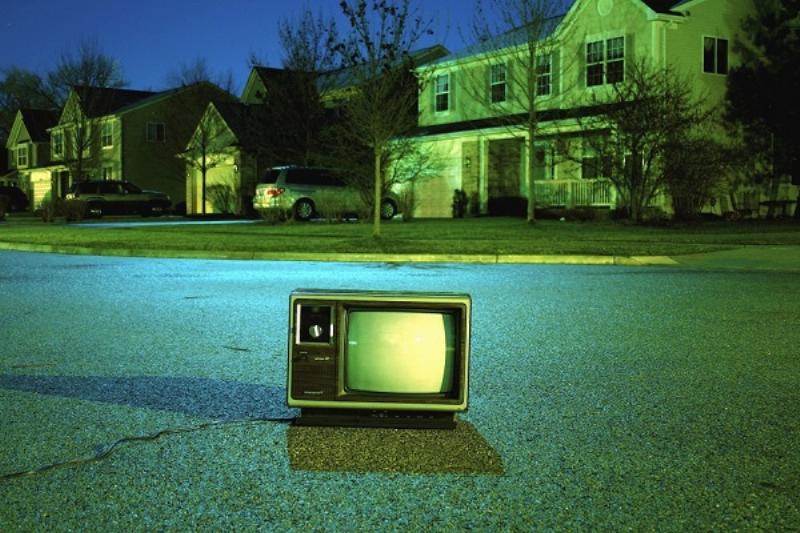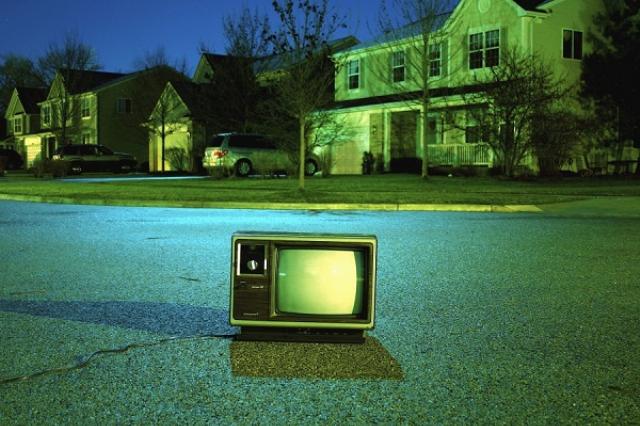


While browsing the online TV guide, I noticed a program called Road Wars — a compilation of videos showcasing drivers brake-checking, narrowly avoiding collisions, engaging in physical confrontations, and displaying road rage. The term “Wars” appears in numerous other show titles, such as Parking Wars, Storage Wars, Neighborhood Wars, Whale Wars, Design Wars, Sex Wars, Bartender Wars, Whisker Wars, Party Wars, Wedding Wars, Dinner Party Wars, Shipping Wars, and Cupcake Wars.
Healthy competition can inspire improvement, but does elevating it to the level of “war” go too far? Are the media instigating, amplifying, or merely reflecting societal conflict? Recent incidents, like a woman berating a man walking his dogs, a man throwing a sandwich at a police officer, and a woman spitting on Ed Martin, highlight this trend. Countless examples of leftists openly calling for violence against President Trump and his supporters can be found with a quick search, such as these and these.
What drives this hostility? No single cause suffices. Factors include the enforcement of political correctness (censorship), an entitlement mentality, schools failing to teach accurate history and critical thinking, the stoking of victimhood, and an inability to delay gratification. This fosters frustration that spills into conflict.
Short attention spans, likely fueled by electronic media and gaming, have diminished the quality of interpersonal conversations. Observe people in restaurants, outdoors, or walking — they’re often glued to their phones, unable or unwilling to talk to those around them. These cultural, educational, and social factors create a cycle of division.
Political correctness, intended to promote respect, often silences dissent, stifling honest dialogue. Mentioning the race of crime suspects can trigger accusations of racism, leading to vague news reports describing a “6-foot person in jeans and a hoodie.” This lack of clarity breeds misunderstanding and resentment. Meanwhile, schools prioritize ideological conformity over critical thinking, teaching skewed versions of history. Without tools to analyze complex issues, individuals struggle to navigate debates, reducing conversations to trivial topics like weather or sports.
A culture of victimhood amplifies tensions. Although acknowledging historical injustices is important, constant grievance fosters a mindset where personal responsibility wanes. Entitlement, coupled with a glorification of instant gratification, leaves little room for resilience or compromise. Frustration often escalates into anger. How many reports have we seen of customers lashing out at cashiers?
Technology plays a dual role. Though providing access to information, it can shorten attention spans and reduce face-to-face interaction. Conversations are replaced by sound bites and social media posts, diminishing respectful debate. Disagreements frequently devolve into personal attacks or violence. The participation trophy culture, rewarding effort over achievement, may also contribute. By shielding children from failure, we hinder their ability to lose gracefully or persevere. When winning is the only acceptable outcome, compromise feels like defeat.
Leadership and media exacerbate divisions. Some leftist governors, mayors, and prosecutors openly side with criminals. They’ve decriminalized shoplifting, reduced felonies to lesser charges, or refused to charge and sentence criminals, effectively creating a revolving-door justice system. Meanwhile, parents protesting school policies or individuals praying outside abortion facilities face legal penalties. This perceived two-tiered justice system deepens distrust in institutions. Journalism, once objective, often amplifies one-sided narratives, creating echo chambers where nuance is lost.
It’s difficult to believe that both political parties still share the goals of a safer, stronger, more prosperous, and united America but differ only in approach. Efforts to address violent crime or clean up cities face vigorous pushback from the left, suggesting a preference for chaos, violence, and poverty. This makes finding solutions challenging.
Rebuilding critical thinking, teaching accurate history, and eliminating ideological bias in schools are essential, beginning steps. Young people must learn resilience to navigate setbacks. Adults must foster open dialogue across social, political, and cultural divides, despite living in seemingly different realities:
Most media lean heavily left, spreading misinformation that is tearing the country apart. Leaders must model unity, prioritizing the nation’s needs over personal ambition. Holding criminals accountable would restore trust in institutions. Restoring mutual respect and intellectual rigor requires collective effort — a daunting but necessary task in a fractured world.
We’ve got our work cut out for us.

Image via Pixnio.
